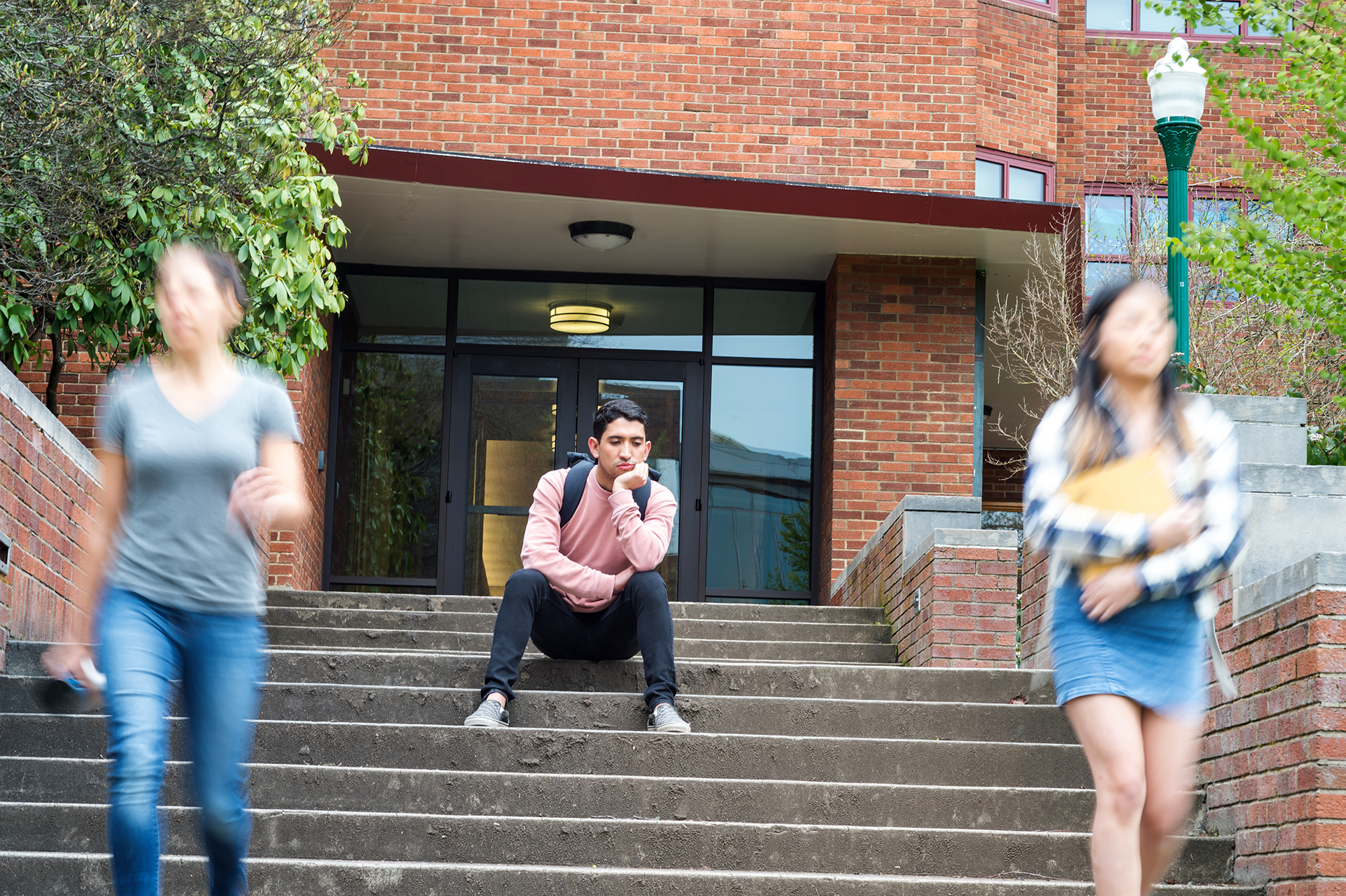The College Student Mental Health Crisis

College student mental health has been in decline for over a decade.
Of college students worldwide experience a mental health crisis during their first year.
Increase in depression
Increase in anxiety
Increase in the number of students meeting clinical criteria for one or more mental health problems
Poor student mental health has an institutional impact.
According to the annual Healthy Minds Study, students with mental health challenges are twice as likely to leave without graduating.
Poor mental health hinders students’ academic success; untreated mental health issues may lead to lower GPAs, discontinuous enrollment, and lapses in enrollment.
The number of students seeking mental health services treatment far exceeds the resources of most counseling centers.

There’s a strong economic case for investing in student mental health support

Research has shown that supporting student mental health improves academic performance, persistence, and graduation rates.
The Healthy Minds Network has created a Return on Investment (ROI) calculator to estimate what ROI an institution can expect to receive by investing directly into proactive or reactive student mental health support programs and services.
For example, by investing $20,000 into proactive mental health support, an institution would be likely to increase retention by 300 students, yielding $3.1 million in tuition revenue.
College mental health support needs to shift from a “reactive”
to “proactive” approach.
REACTIVE
This approach mimics traditional psychology and therapy models, which tend to focus on what's wrong with a person and help them get back to baseline once a problem already exists.
PROACTIVE
We need to proactively help college students learn the tools and skills they need to handle inevitable adversity that they will face in college and in life.
Traditional reactive services rely on students making individual, self-initiated contact with personal counselors, teletherapy, apps or other resources once they recognize that help is needed.
Proactive support brings mental health education directly to all students, including those who may lack the assertiveness or cultural proclivity to seek it out on their own.
